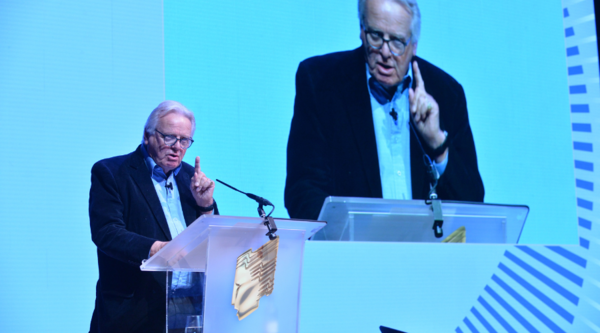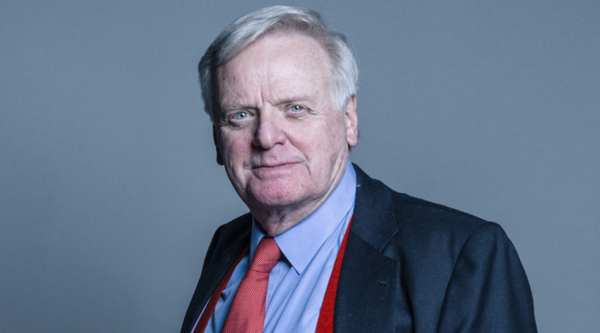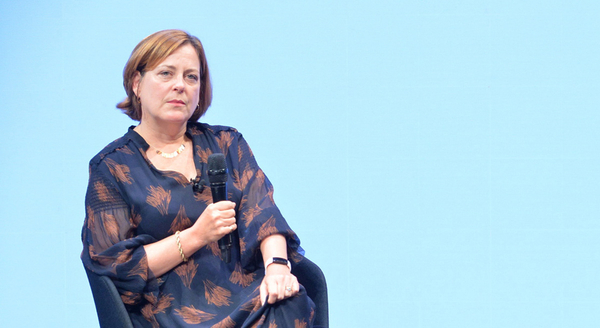RTS Cambridge Convention 2015
The challenges of a shifting TV landscape will be discussed by television executives at this year's RTS Cambridge Convention, chaired by BBC Director-General Tony Hall.
Click here for the latest programme and news about Cambridge 2015





